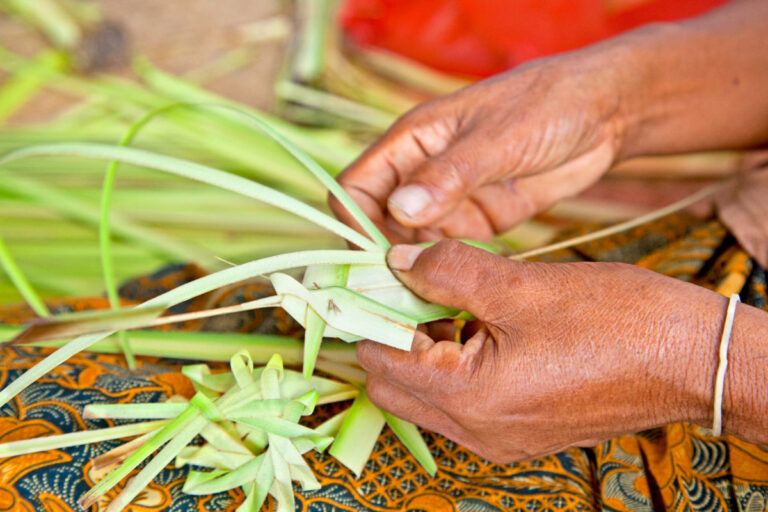Share this article
Tourists who want to immerse themselves in Balinese culture should visit Bakas Village.
This cultural adventure is perfect for a day trip to the Island of the Gods, as its secluded location means no crowds, yet its proximity to top tourist resorts.
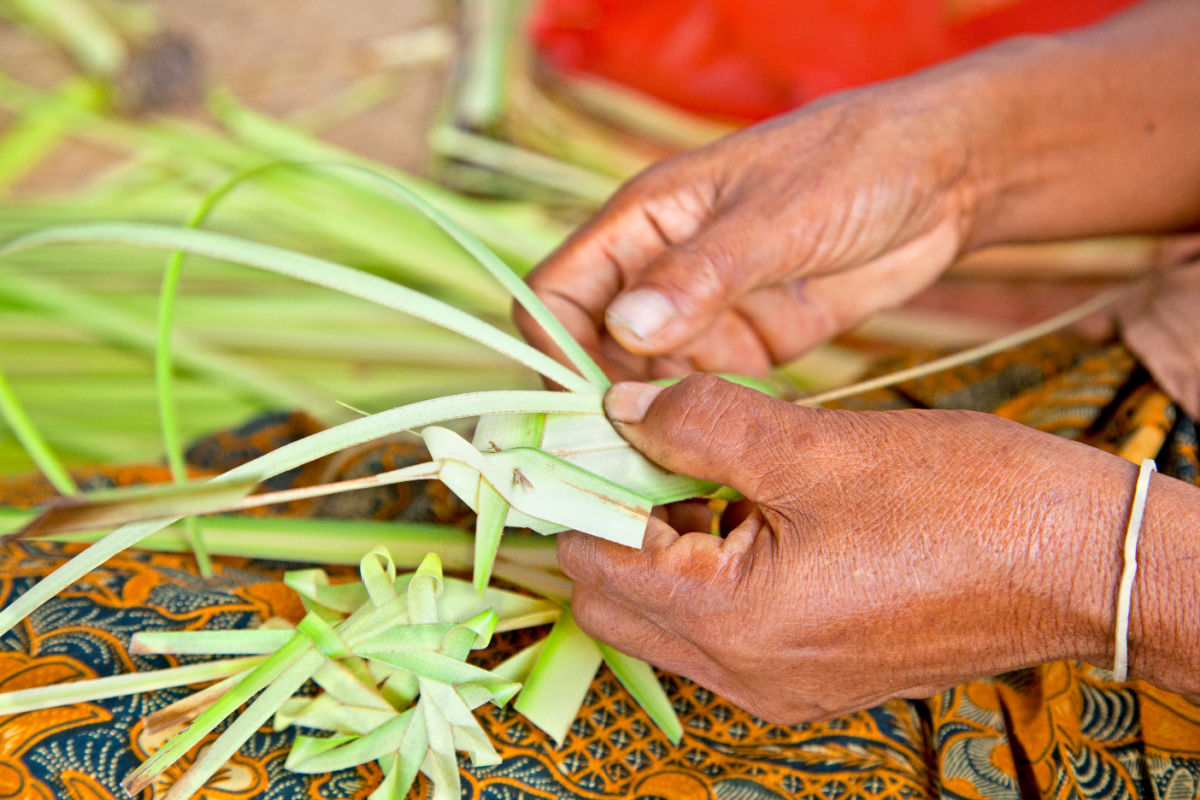

Visiting a tourist village in Bali is one of the best ways to experience the island’s unique way of life first-hand.
Of course, the most famous and busiest tourist village in Bali is Penlipuran Village in Bangli Regency, which receives thousands of tourists every day.
Penglipuran Village has received international awards and has consistently been recognized as one of the top tourist villages in Indonesia.
For those who want to experience the essence of culture without the crowds, the Bakas Tourist Village in Klungkung Regency is the perfect place to visit.
This ancient village is emerging as one of Bali’s most sought-after tourist attractions.
Bakas Village maintains the feel and authenticity of community-based tourism, giving visitors the opportunity to learn first-hand about life in a traditional Balinese community.
Bakas village chief Wayan Murdana told reporters that Bakas is considered a very sacred place as it is surrounded by two rivers, the Tukad Melangit to the west and the Tukad Bubu to the east.
Surrounded by natural forest, with birdsong and the occasional group of monkeys on the border between the village and the jungle, Bakas Village is a charming and very welcoming place.
“With the still-strong subak support, we have been trying to develop Bakas into a tourist village since 2017. Astungkara has developed so far thanks to the support of tourism workers and stakeholders in the village, as well as the Klungkung district government and the Bali provincial government,” Murdana said.
Murdana confirmed to reporters that Bakas Tourist Village is developing a “Be Balinese for a Day” programme to preserve the deliciousness of Balinese cuisine and develop the village.
This innovative program offers tourists the opportunity to take part in a variety of everyday activities of Bali’s traditional Hindu community and also offers guests the chance to stay in traditional homestays.
The “Become a Balinese for a Day” program begins with activities such as making offerings, cooking typical spicy Balinese dishes, practicing dance, shopping at a traditional market and enjoying the beauty of nature.
“The support from the adat and subak has been very strong. Yesterday, this innovation assessment entered its final round and we are hopeful that it will be recognised nationwide,” said Murdana.
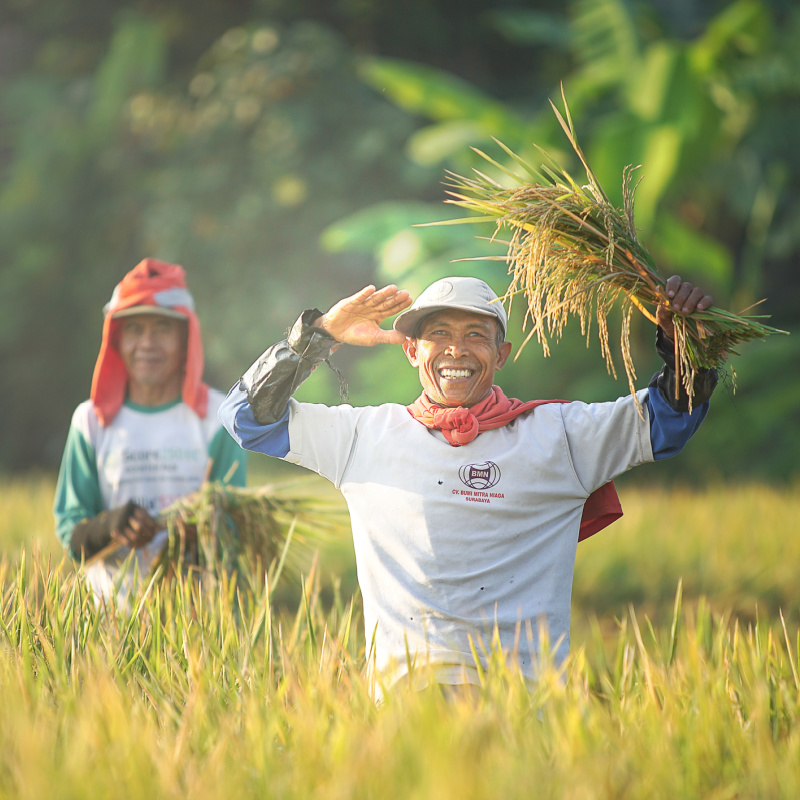
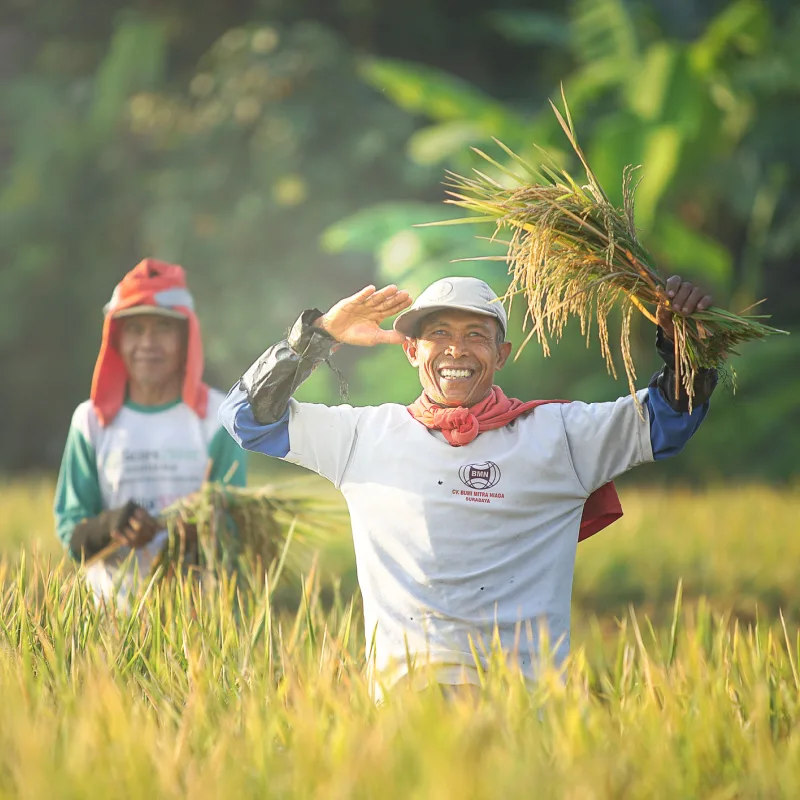
This tourism program is exactly what Balinese leaders want to see more widespread across the island, as they hope to see a more cultural and sustainable tourism development become the norm in the province.
According to Murdana, the concept of the “Be Balinese in a Day” programme is to invite tourists into Balinese culture and all its customs.
Tourists will get to live in a Bakas village for a full 24 hours (or longer if they wish), observe the Balinese people and then reap the benefits of a community-based tourism model.
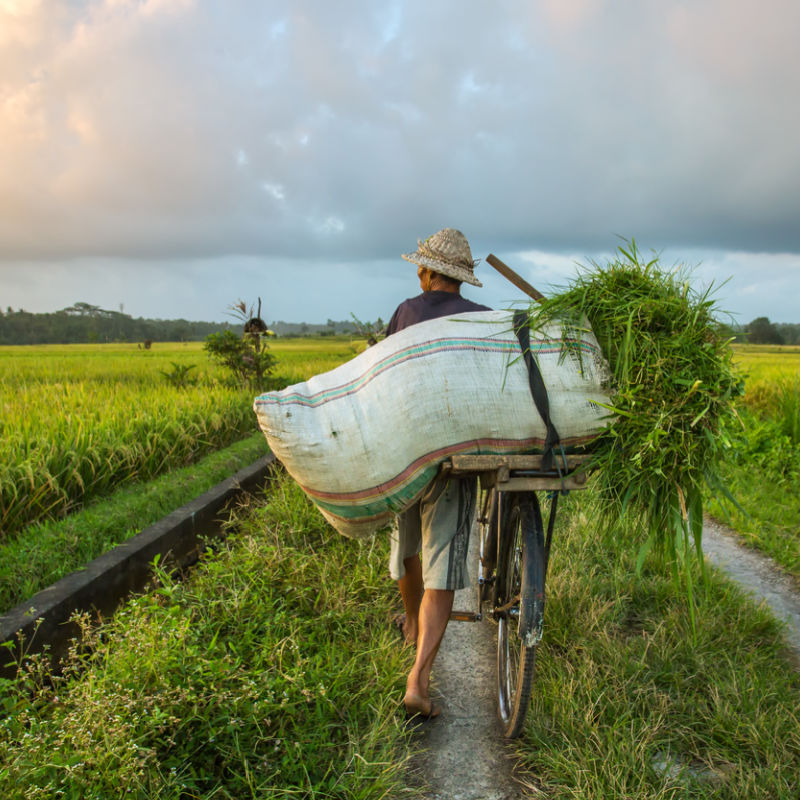
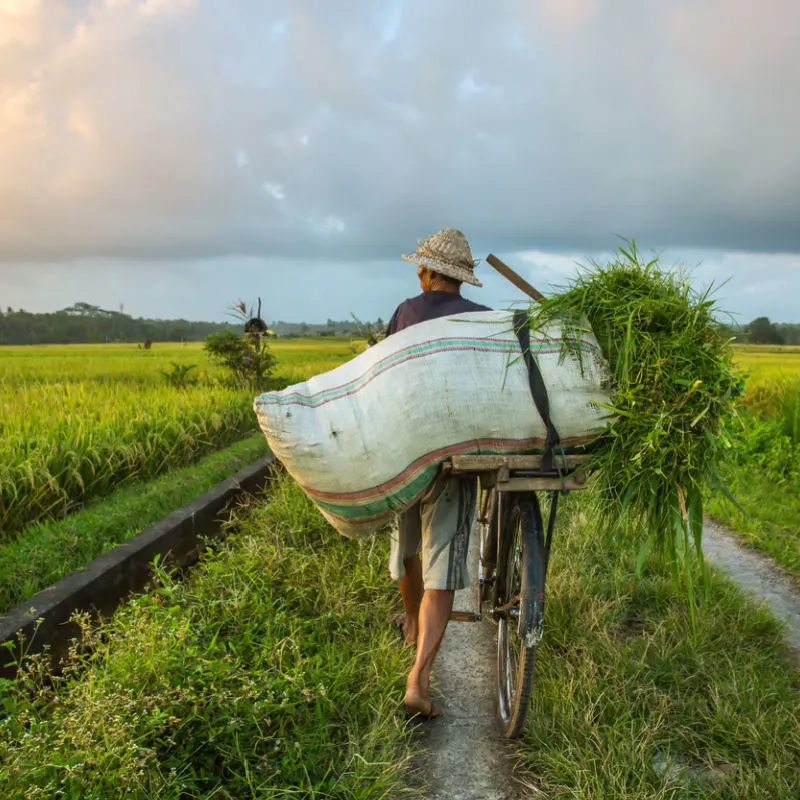
Wayan Arusa, one of the promoters of the programme from Bakas village, said the programme will have an economic impact on the villagers.
On the one hand, it helps the village to develop, and on the other hand, it allows tourists to gain more experience during their holidays in Bali.
“I developed this and have seen great feedback time and time again, and I have many future packages ready to go,” Alsa said.
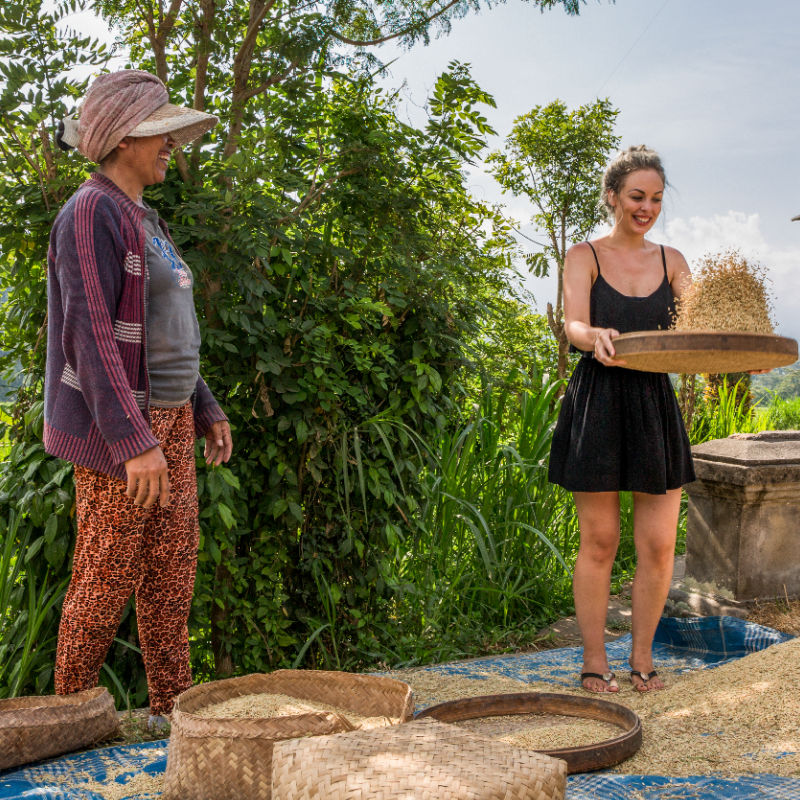

The program was introduced as part of the Bali & Beyond travel fair earlier this month and has received approval from Indonesia’s top tourism official.

